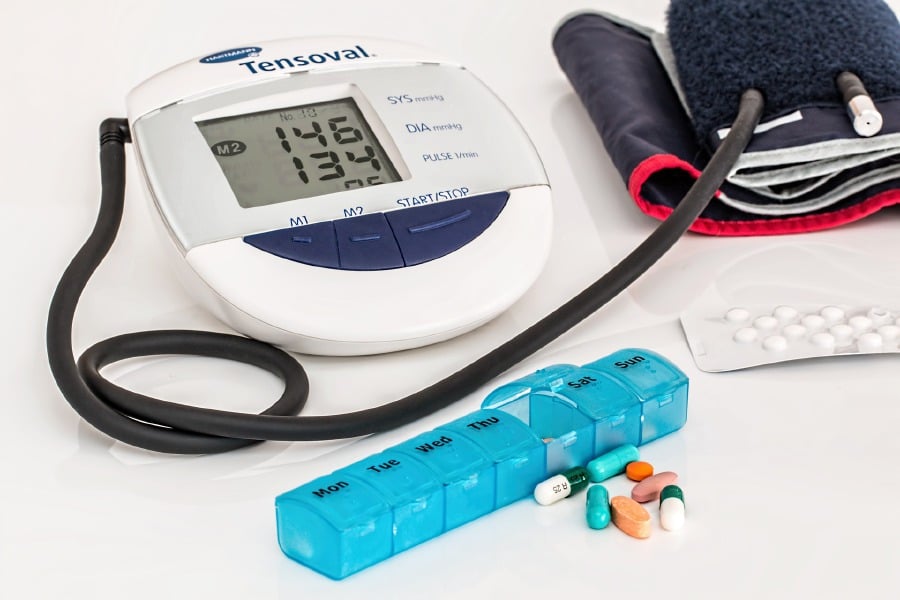
SINCE time immemorial, doctors and pharmacists have worked together. The expansion of medical knowledge and technology separated their roles; doctors to diagnose, treat and perform medical procedures, pharmacists to give information and counselling about drugs and devices, such as insulin pens and inhalers.
Pharmacists also prepare drugs, which include chemotherapy drugs and total parenteral nutrition, and dispense the drugs.
In certain sectors, pharmacists are involved in the production of drugs, drug regulations and registration of new drugs.
In universities, doctors have been trained mostly in anatomy, physiology and pathology, with a surface knowledge in pharmacology, the study of drugs.
Pharmacists spend four years studying pharmacology, which is the administration, distribution, metabolism and excretion of drugs from the body or pharmacokinetics, and the effects of drugs on the body, called pharmacodynamics.
To better understand the correlation between diseases and treatments, they also learnt anatomy, physiology and pathology.
Thus, pharmacists and doctors complement each other by merging the knowledge of pathology and pharmacology and not by comparing whose job is greater. At private clinics, doctors will diagnose your illness and you would have to collect the medication from dispensers, some of whom are not trained in pharmacology.
Thus, you hear of stories where medications were wrongly labelled and given to patients.
In government hospitals, prescriptions will be issued by doctors to patients.
Pharmacists will screen prescriptions, taking notes of the correct patient, drug, dose, route of administration and frequency.
There were medication errors intercepted by pharmacists before the medicine reached patients.
The reason why doctors and pharmacists are in dispute with each other is because there is no mutual understanding on their roles and because the role of pharmacists, who are supposed to handle and dispense drugs, has been taken over by doctors.
Pharmacists, on the other hand, proceeded to just suggest and dispense diabetic medications based on the mere reading of the glucometer, without examining, which is supposed to be carried out by doctors.
Thus, dispensing separation is crucial as it allows us to acknowledge each other’s roles, creating a harmonious relationship vital for the wellbeing of patients.
SITI SARAH SYAHIRAH KUSHAIRI
Gua Musang Hospital, Kelantan